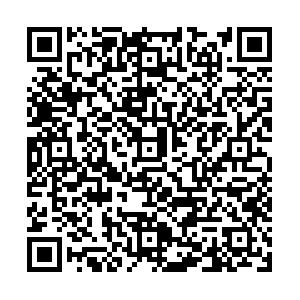Abstract:
Objective To investigate the characteristic of childhood trauma in depression,and to explore the relationship between childhood trauma and self-stigma in depression.
Methods A total of 171 patients with depression in accordance with ICD-10 diagnostic criteria were assessed with Childhood Trauma Questionnaire (CTQ), Stigma Scale for Mental Illness (SSMI-C) and Beck Depression Inventory (BDI). A total of 200 healthy controls were assessed with CTQ.
Results ① Compared with health controls, the depression group showed significantly higher total score and all dimensional scores of CTQ (
P<0.05). ② The scores of emotional abuse of CTQ were significantly correlated with onset age of depression patients (
r=-0.243,
P<0.05). ③ Correlation analysis indicated that the total score and the scores of three factors of SSMI-C among depression patients were significantly positively correlated with BDI scores (
r=0.246-0.603, all
P<0.05), also the scores of EN, PN and total score of CTQ were significantly positively correlated with BDI scores (
r=0.424-0.453, all
P<0.01). ④ The scores of PA, EN, PE and total score of CTQ in depression patients were positively correlated with the discrimination factor, positive effect factor and total score of SSMI-C (
r=0.261-0.413, all
P<0.05).
Conclusion Depression patients may have more childhood trauma experiences than healthy people, and the experiences will have negative effect on self-stigma of depression.

 点击查看大图
点击查看大图



 下载:
下载:
